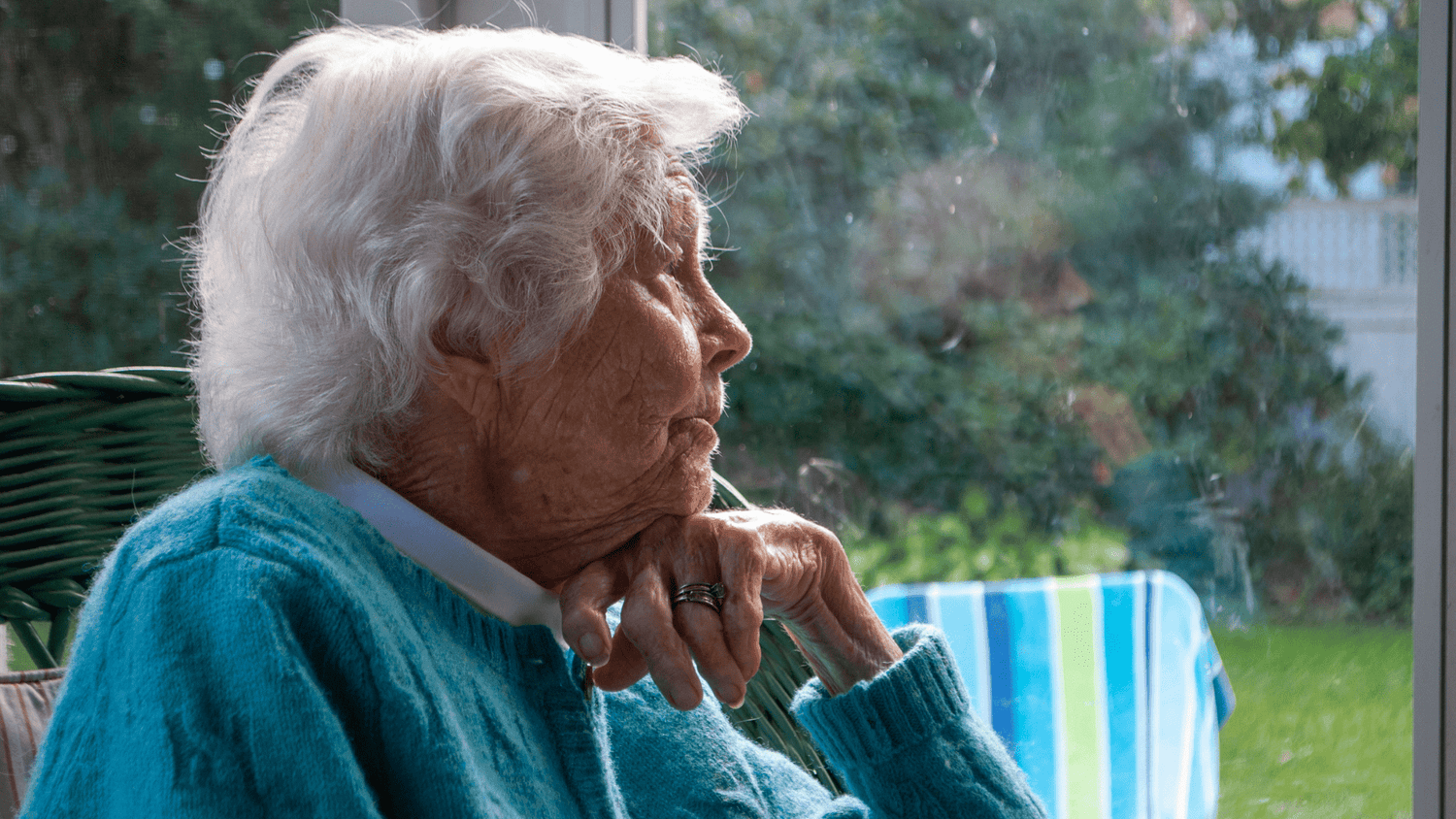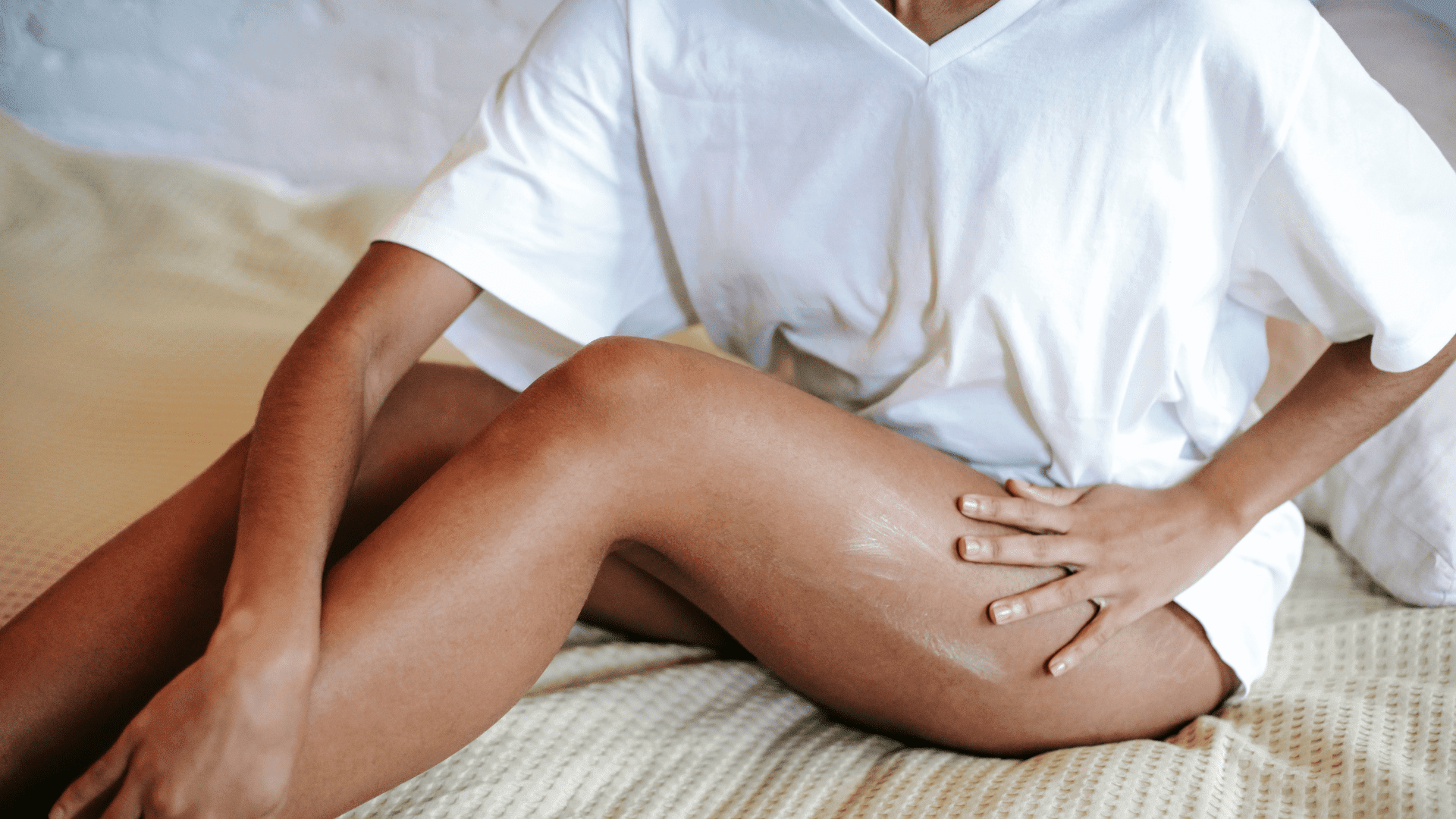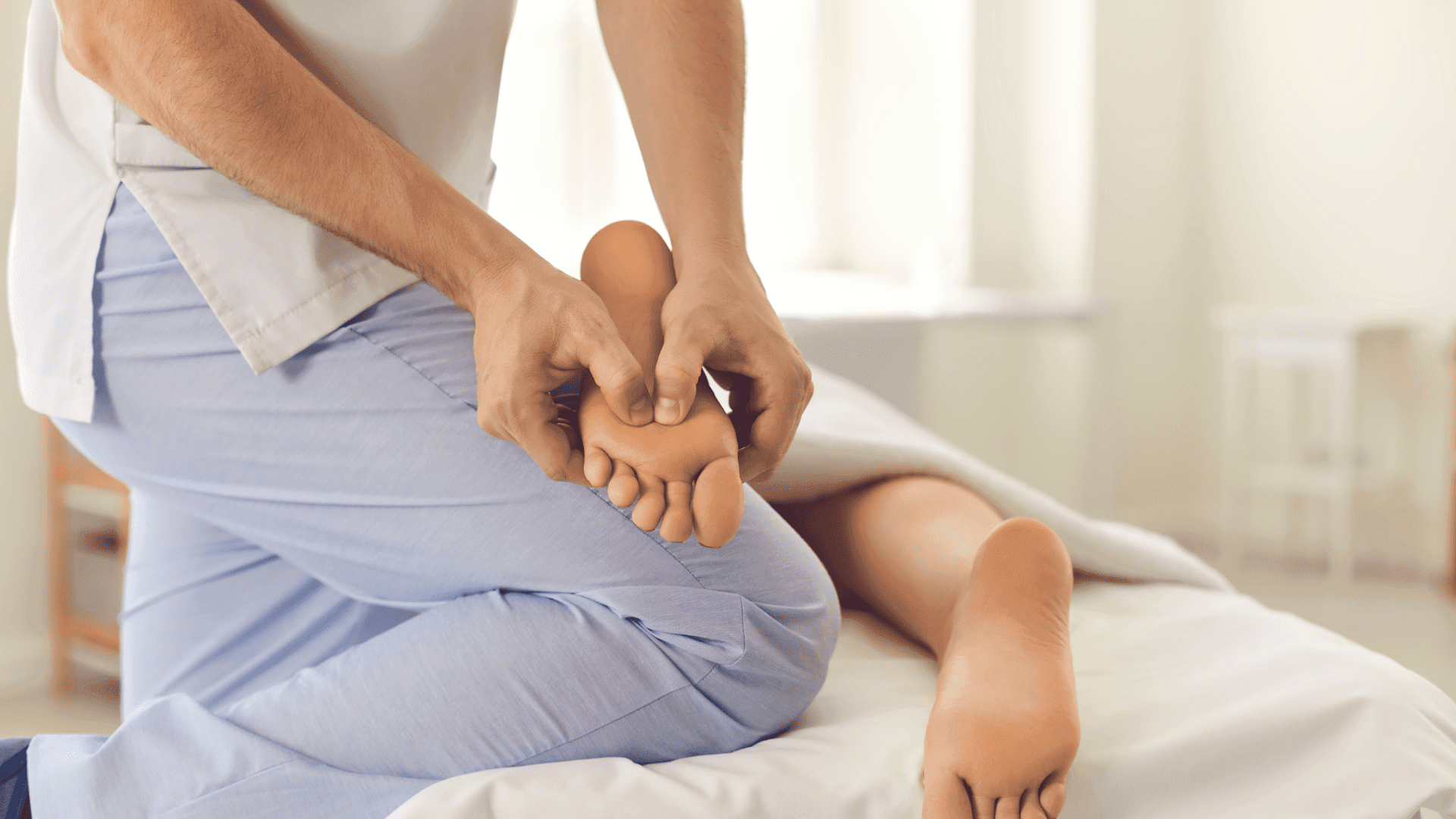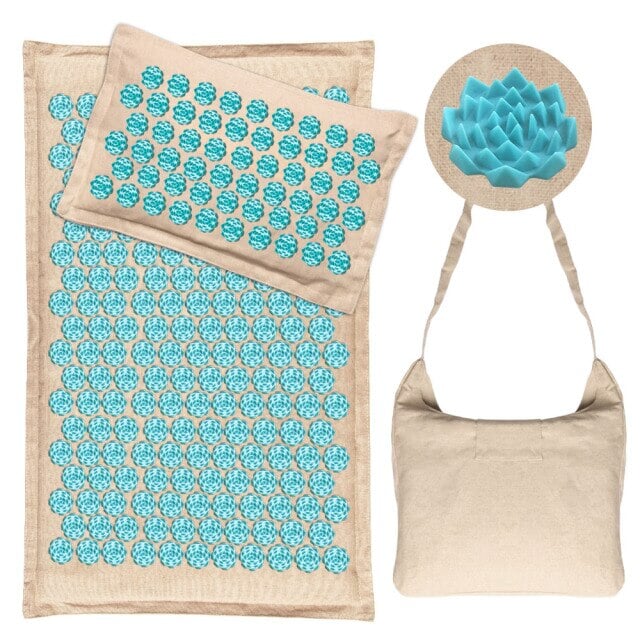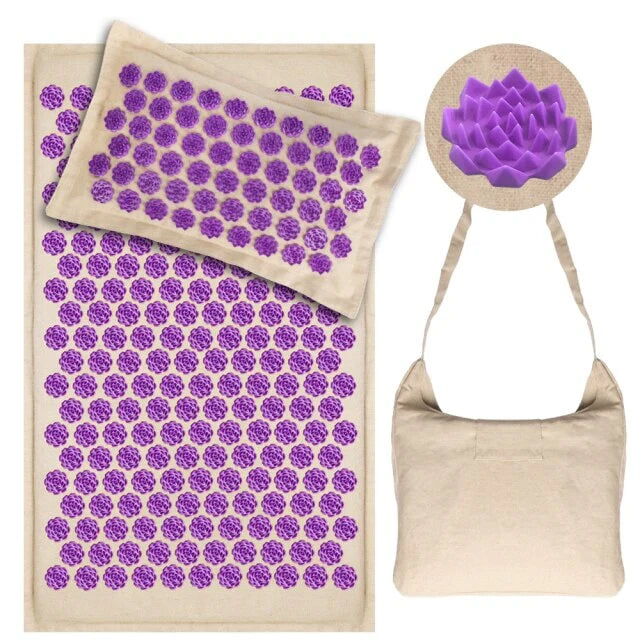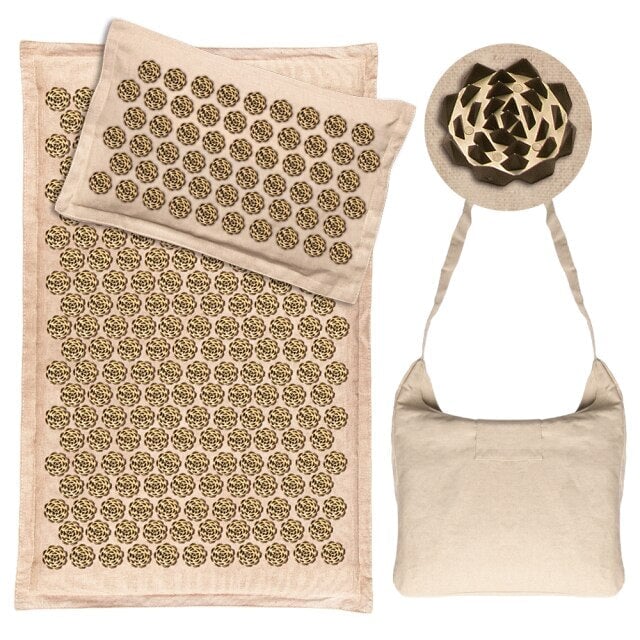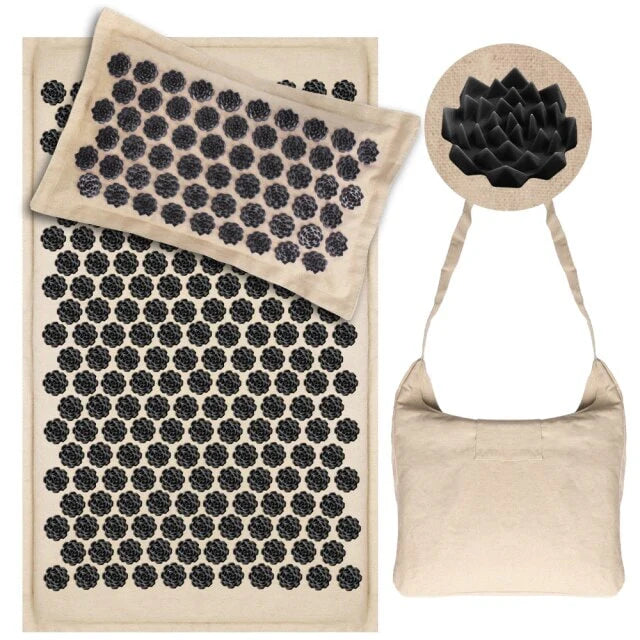Acupressure has been effectively employed by Taiwanese researchers to manage agitation in Alzheimer's sufferers. According to the findings of a study including 31 participants, two 15-minute acupressure sessions per day had the impact of lessening the patients' agitation symptoms.
According to estimates, almost 70% of Alzheimer's patients exhibit agitation-related behavioral issues, such as yelling and ranting, being hostile and violent, fleeing, etc.
A treatment method based on Traditional Chinese Medicine is acupressure. In Traditional Chinese Medicine, acupressure is a therapeutic method that includes stimulating acupuncture points with the fingers rather than by inserting needles.
Acupressure treatments outperformed psychotherapy treatments in the trial. According to the researchers, acupressure produced a soothing impact right away that persisted throughout the course of the four-week treatment.
It is unknown if the stimulation of certain acupuncture points or just the act of touching the patients caused this effect.
Although these data are preliminary and insufficient to demonstrate the intervention's effectiveness, they do offer a very intriguing alternative to the drugs that are typically used to treat patients' agitation.
Haloperidol, valproic acid, memantine, aripiprazole, risperidone, olanzapine, and other commonly prescribed agitation medications are frequently useless or just moderately helpful.
However, they also have severe negative consequences that can sometimes even raise the chance of mortality.


